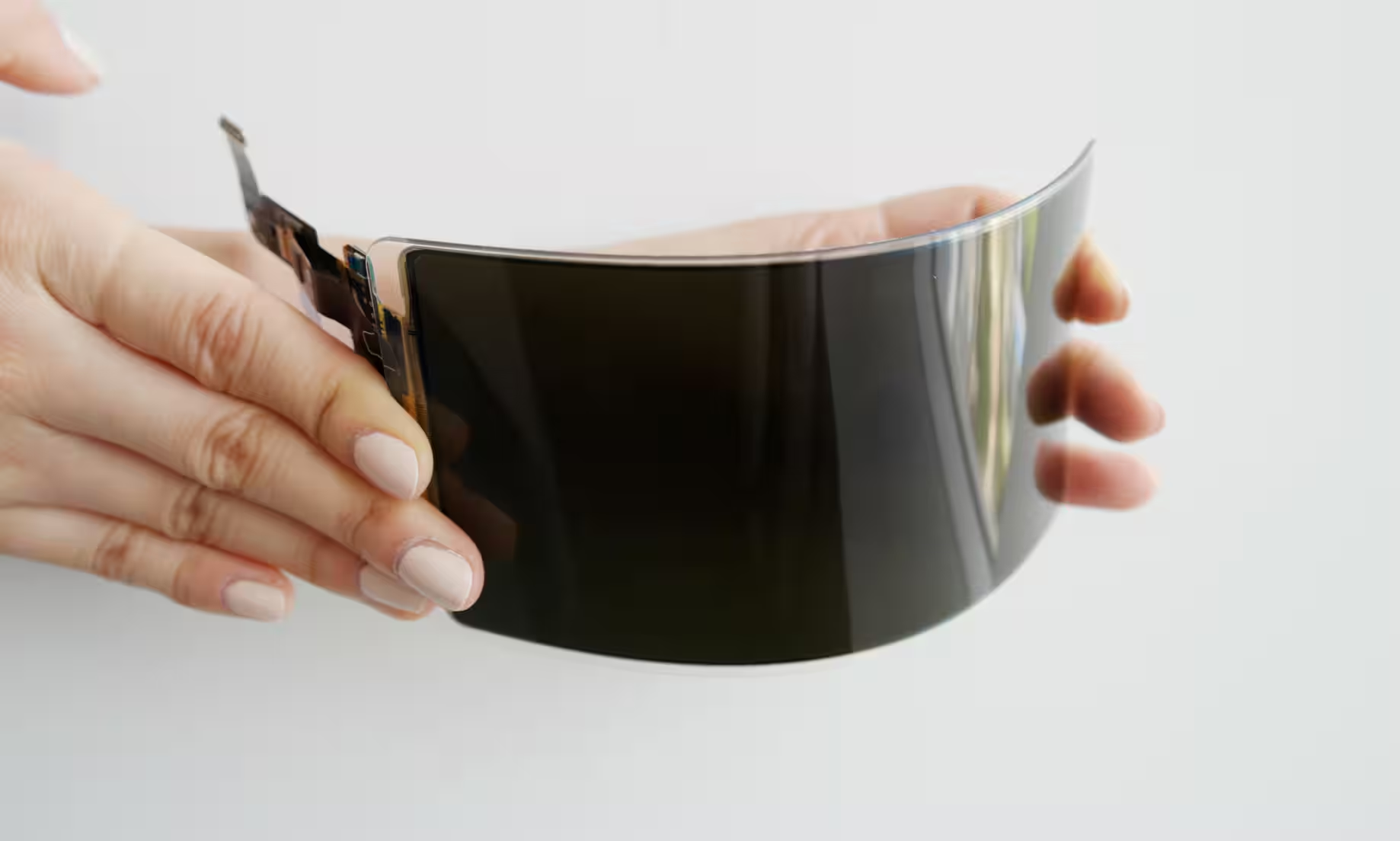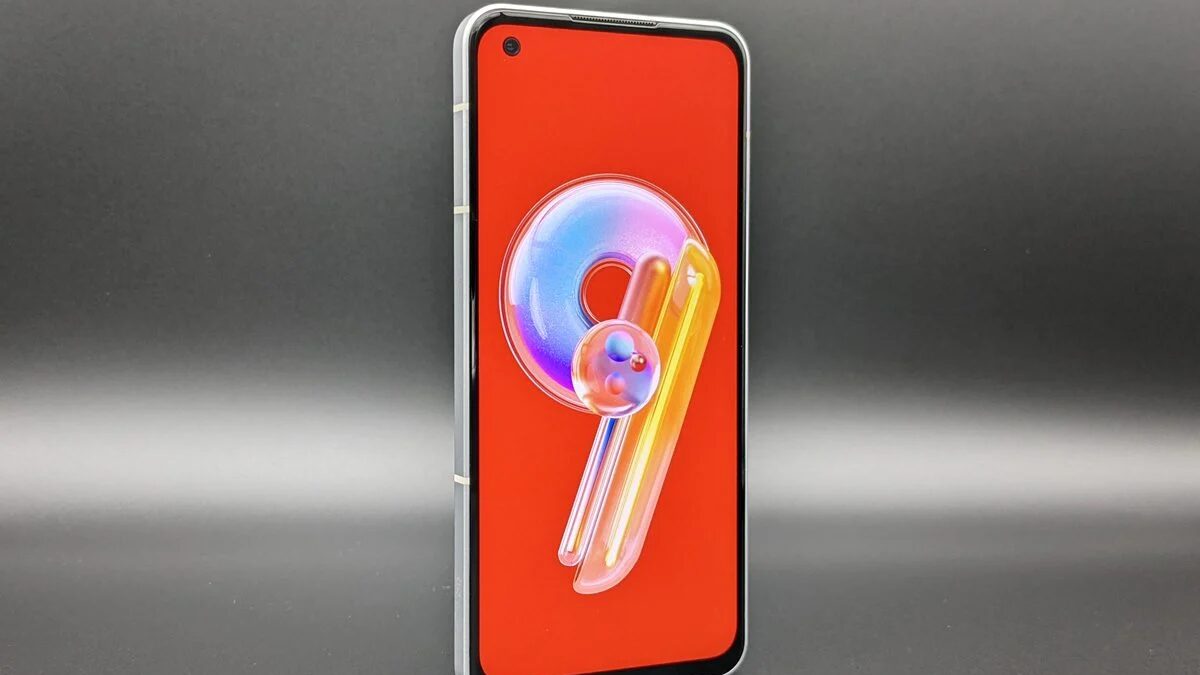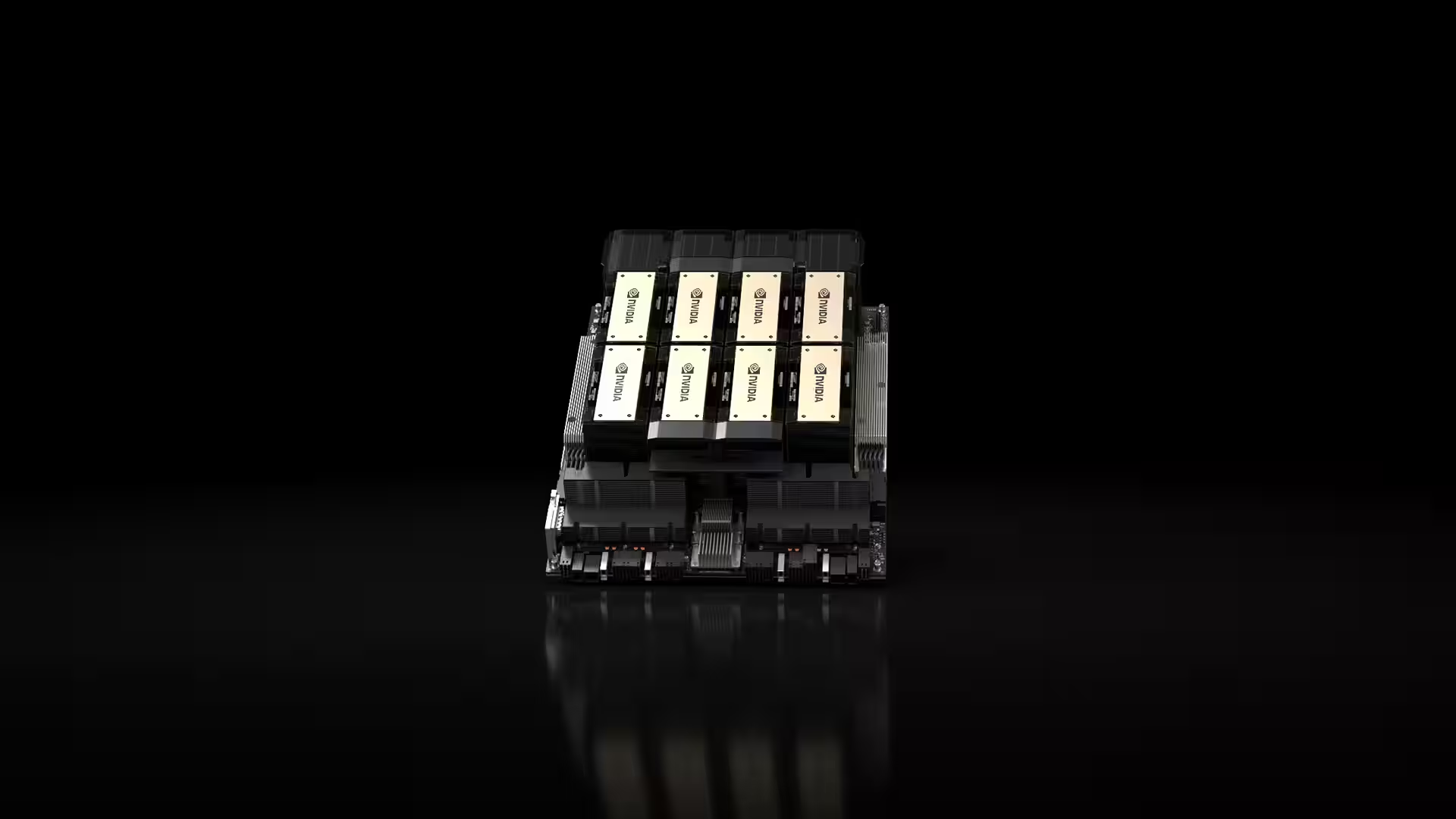Apple wants the rights to all Apple images
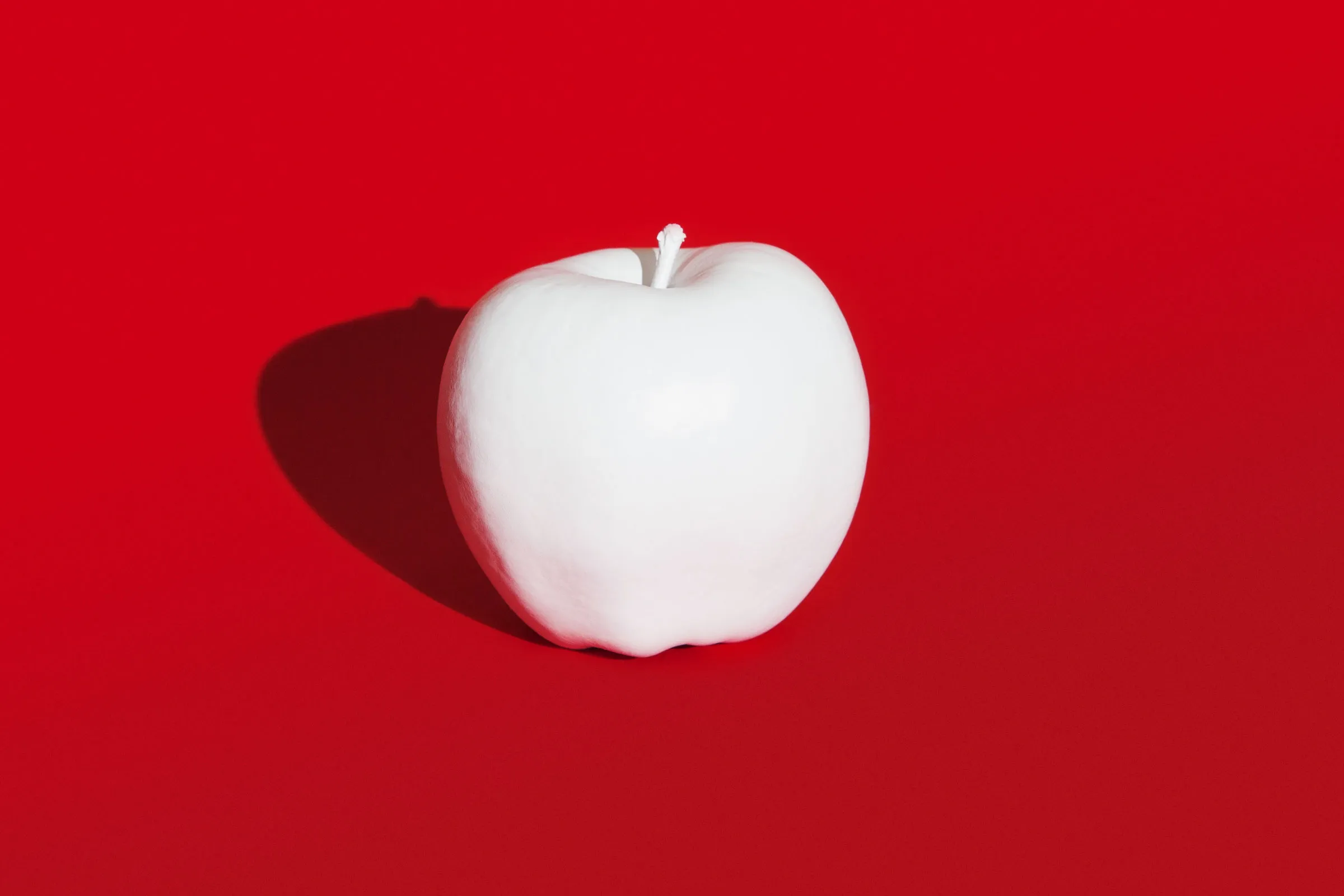
Apple wants the rights to the image of apples, the fruit, in Switzerland —one of dozens of countries where it uses its legal powers.
The Swiss fruit union is 111 years old. For most of its history, its symbol has been a red apple with a white cross, Switzerland’s national flag, superimposed on one of its most common fruits. But the group, the oldest and largest organization of fruit farmers in Switzerland, fears it will have to change its logo as tech giant Apple seeks intellectual property rights to images of apples, the fruit.
«It’s hard for us to understand, because they’re not trying to protect their bitten apple» —says Fruit Union Suisse director Jimmy Marietoz, referring to the company’s iconic logo. «Their goal here is to get hold of the rights to the real apple, which to us is something almost universal…which should be free for everyone to use».
.
While this case has left Swiss fruit growers perplexed, it is part of a global trend. According to World Intellectual Property Organization records, Apple has made similar requests to dozens of IP authorities around the world, with varying degrees of success. Authorities in Japan, Turkey, Israel and Armenia have agreed. Apple’s pursuit of IP rights for something as common as fruit speaks to the dynamics of a thriving global IP rights industry that encourages companies to intrusively compete for trademarks they don’t really need.
Apple’s attempts to obtain a trademark in Switzerland began back in 2017, when the Cupertino, California-based company applied to the Swiss Intellectual Property Institute (IPI) for the rights to a realistic black-and-white image of the apple variety known as Granny Smith —the common green apple. The request covered an extensive list of possible uses — mainly on electronic, digital and audiovisual consumer products and equipment. After lengthy negotiations between both sides, the IPI partially granted Apple’s request last fall, stating that Apple could only have rights to some of the goods it wanted, citing the legal principle that common images of common goods such as apples are considered public domain. Apple appealed in the spring.
In the spring.
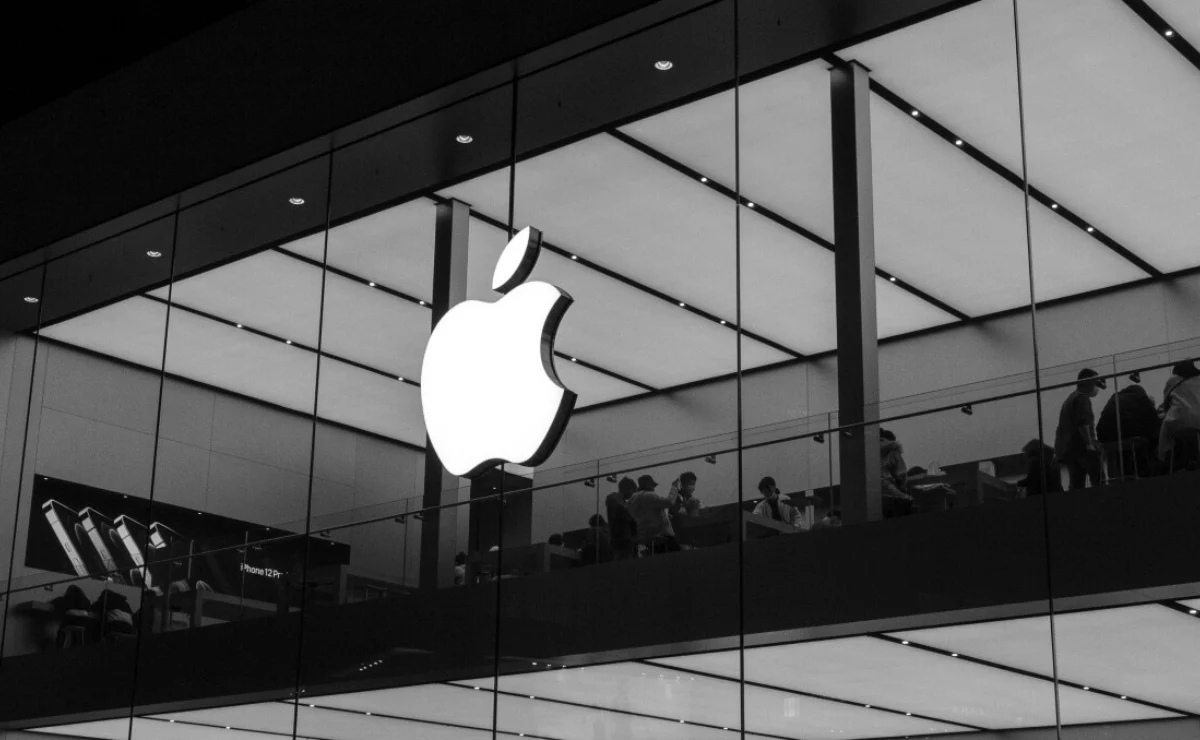
The case now pending in court involves only those goods for which IPI has refused to register the trademark. According to an IPI spokesman, these cannot be disclosed without Apple’s consent because the lawsuit is still pending, but they include common uses such as audiovisual materials «intended for television and other types of transmission».
Marietos says the Fruit Union is concerned that there is no clarity about what uses of Apple’s form Apple will try to protect, and that the company is very aggressively pursuing those things it perceives as infringing on its trademarks. «We are concerned that any visual depiction of apple, that is anything related to audiovisual, new technology or media, could potentially be affected. It could





